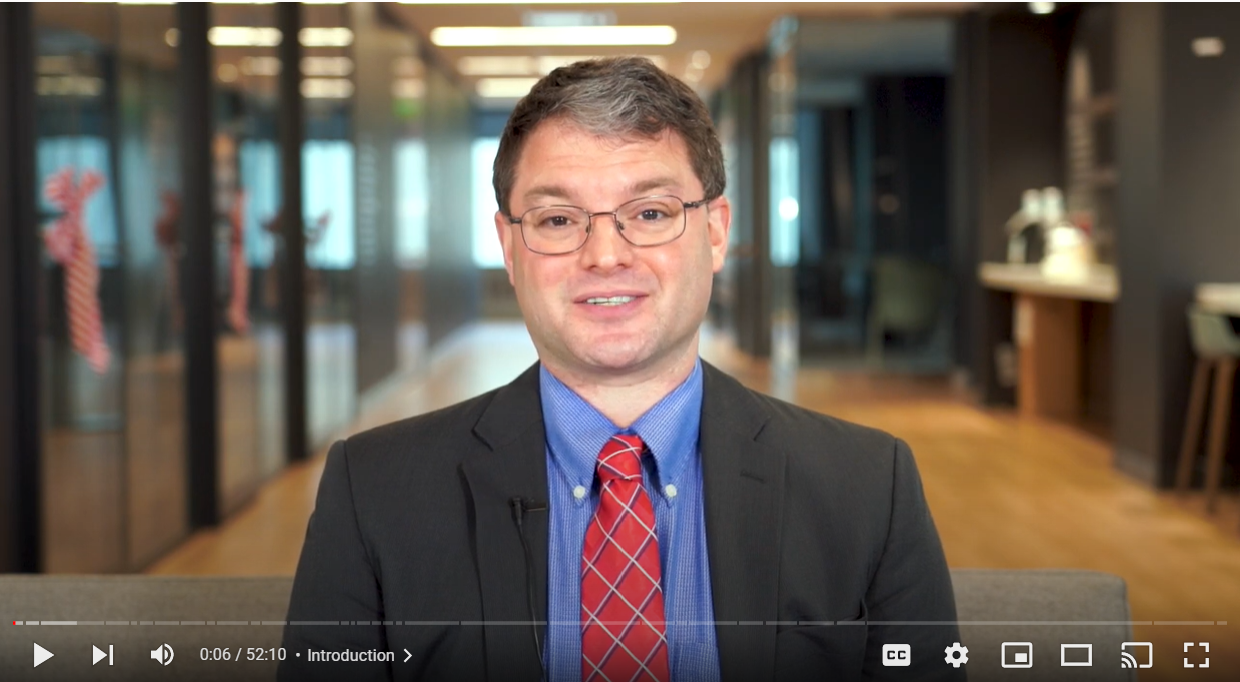Posts tagged release time
How New York Can Prevent Another Prison Worker Strike
March 7, 2025 // The governor should hold both sides to account. She needs a handshake deal with lawmakers to restore some of the discretion that prison superintendents previously wielded to impose solitary confinement in the most extreme cases. Such an agreement can be codified in the forthcoming state budget. In return, state law should require every DOCCS employee to wear a body camera whenever in the presence of an inmate and give the department more latitude in curbing the arrival of drugs and contraband. Finally, Hochul needs to identify and terminate the strike’s instigators. Any capitulation, real or perceived, will tempt other public employees to instigate their own illegal strikes—though some of damage in this regard has already been done.
Opinion: Utah is leading the nation by prioritizing worker freedom
February 21, 2025 // Despite the rhetoric, government unions will still exist in Utah and public employees can still choose to join them. Workers who agree with union spending can support their unions wholeheartedly, while those who do not are free to decline membership and can negotiate their job requirements directly with their employer. The difference now is that these unions will no longer have a monopoly in representing public employees, including Utah public employees who did not want the representation in the first place.

AZ Supreme Court Strikes Down Union ‘Release Time’ on Taxpayers’ Dime
July 31, 2024 // In this case, the city signed a Memorandum of Understanding, or MOU, with a local unit of the American Federation of State, County, and Municipal Employees union. Under that MOU, the city gave the union several release time benefits, including four full-time release positions. In other words, the city paid four employees to work exclusively for the union on the taxpayers’ dime. The MOU said the cost of release time counted as part of the “total compensation” paid to all unit employees, whether members of the labor union or not. But that raised a problem: if release time was being paid as part of their “total compensation,” then it violates the free expression and association rights of these employees to force them to give up their compensation to fund the political speech of union representatives with whom these employees disagree. That was just what the U.S. Supreme Court said in the 2018 landmark Janus ruling.
The Texas Supreme Court recently handed a significant victory to taxpayers, and Louisiana lawmakers should take note.
July 29, 2024 // The court held that the CBA did not authorize union activities like lobbying, supporting candidates, or engaging in other partisan political activities while on release time. To allow this type of activity would violate the Texas Constitution’s Gift Clauses, which prohibit state and local governments from allocating public resources to private purposes. Release time is time spent conducting union business—lobbying, attending conferences, or negotiating collective bargaining agreements—for which the member is granted paid time away from the job he or she was hired to do. In other words, it’s a form of taxpayer funded lobbying.

Commentary: To Unions, Organizing Time Is Fine When It’s on the Taxpayers’ Dime
June 29, 2023 // Despite public sector unions, and particularly teachers’ unions like Weingarten’s American Federation for Teachers, facing mounting scrutiny for their role in school closures and broader left-wing political activism, the practice of release time has garnered little attention.

DeSantis stands up for teachers
February 10, 2023 // The governor’s proposal, dubbed a Teacher’s Bill of Rights, draws clear boundary lines between the interests of teachers and the interests of teachers unions. The proposal restores the rights of taxpayers and teachers, who don’t always support union politics. For example, DeSantis’s proposal would end the practice of union dues being deducted directly from teachers’ paychecks — a process undertaken at taxpayers’ expense. And the governor’s proposal would prohibit union officials from doing union work while on the clock for their taxpayer-funded job. Known as “release time,” the paid workday hours that public employees spend doing union work can add up. In Miami-Dade County alone, public employees spent 132,433 on-the-clock hours doing union work between fiscal 2017 and fiscal 2019, according to a James Madison Institute report. Those hours cost taxpayers more than $4 million. The governor has also taken aim at so-called “zombie unions,” which lack adequate documented support from the teachers they claim to represent.

Taxpayer Victory! Gov. Ducey Signs Goldwater Institute’s Release Time Reform Act by GOLDWATER INSTITUTE
April 12, 2022 // “Public funds should advance the public’s interest, not the political and lobbying activities of private labor unions,” said Goldwater Institute President and CEO Victor Riches. “This law will ensure that tax dollars cannot be used to pay government workers to lobby and engage in political activities for labor unions instead of working for the public.”
